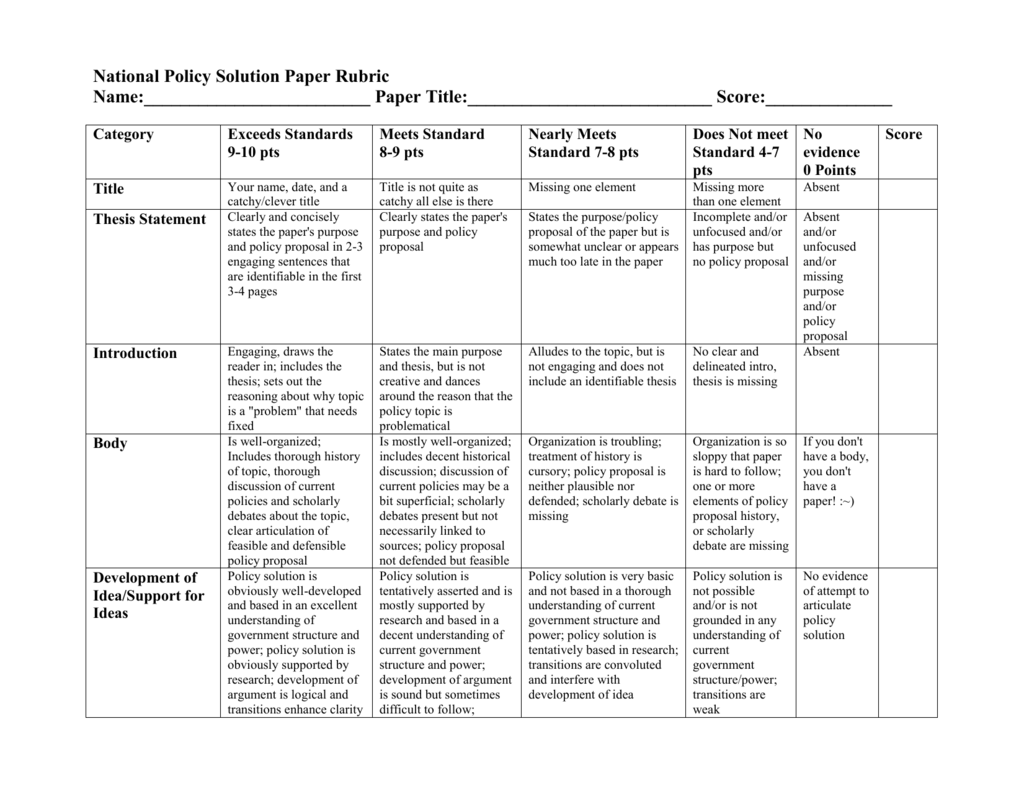
The following steps can help you be more thorough in your role: Start Doing These 3 Things Now to Become More Detail-Oriented Focusing on your breathing can help bring your attention back from distraction to the matter at hand. Mindfulness is about letting thoughts and feelings arise and pass without judgment. When you find yourself unable to focus, take a moment to pause, close your eyes, and focus on your breathing. Research suggests that individuals who are more mindful are more alert, and therefore less likely to get distracted at work 3. Of course, some tasks require more thorough care than others, so be sure to consider your priorities when choosing where to devote your limited time and resources.īe mindful in your work: Given the importance of attention to detail, mindfulness can be a great personal resource to improve your thoroughness.
#Throroughess as element of rubric full
Slowing down and giving your full attention to a task ensures you give your full consideration to the matter at hand. While leaders often have a heavy load of responsibilities, when you need thoroughness, it is best to focus on one part of your task at a time. Of course, this focus will be reduced if you are overloaded or attempting to work on too many tasks at one time. Effective application of thoroughness involves communicating fine details (and the importance of these details) to others around you.Īvoid multi-tasking: An important element of thoroughness is your ability to focus on details. Communication can not only help you gather enough knowledge and background on issues, it can also help you convey your plan to others. Ensure you have gathered all the information from other stakeholders before designing and implementing a strategy, plan, or solution. Use your communication skills: Communication is an essential tool in applying thoroughness to your work and to the work of your direct reports.

It’s attention to detail that makes the difference between average and stunning.


 0 kommentar(er)
0 kommentar(er)
